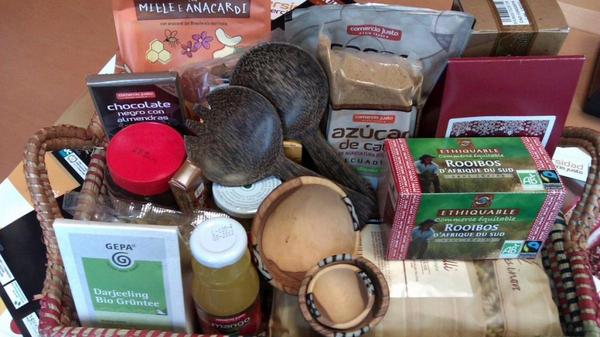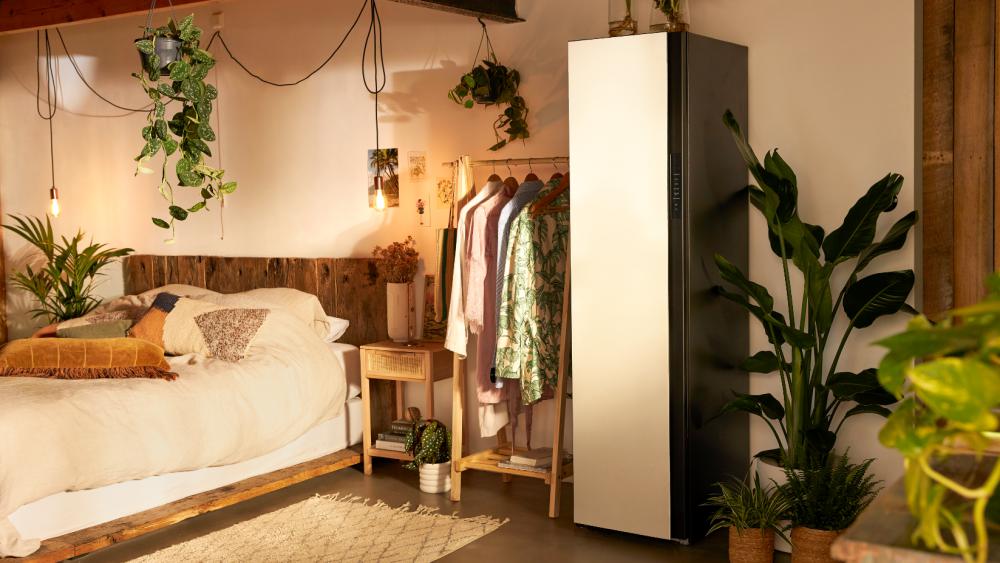That coffee that 'makes you person' in the morning will cost you more: it shoots its price all over the world.
"without a coffee I'm not a person" is the star phrase in September, with the return of work and the early hours. However, that sip of morning coffee can now go into emptying pockets. Its price has soared historically, 43% since the beginning of 2021, according to 'Bloomberg'. How expensive will it be now to go to a cafeteria or drink the first cup of coffee of the day?
Coffee has become expensive because of a large number of factors. But the first must be sought, like almost everything in recent years, in the Covid-19 pandemic. During 2020, especially during the period of confinement, people's consumption habits changed drastically because they could not go to the bar to get coffee.
Changing habits due to the pandemic: we have more coffee
The Spaniards began to buy much more in supermarkets, as explained by Carlos Mera, head of agricultural market research at Rabobank, a cooperative bank closely linked to the agricultural industry: "there was a transition from what was consumption outside the home to an increase in household consumption."
Many tried to recreate coffee coffee as faithfully as possible: "many quality coffee machines, capsules and whole grain coffee have been sold, because many bought even mills." in fact, demand for coffee dropped by only 2%, so "considering the severity of the pandemic, it hasn't gone bad," says Mera.
And that's something that hasn't been erased with "new normality." Although coffee can already be consumed in bars, the Spaniards have not stopped consuming it at home, so now "there is a greater demand," explains Alvaro Goicoechea, director Fairtrade Ibérica.
Poor harvests in producer countries: less supply
The world's largest coffee producers are Brazil, Vietnam and Colombia, so production depends heavily on these countries, especially the former. "if there is a production surplus in Brazil, there is a global supply surplus," Mera explains. But this year, the harvest in the country has been especially small due to a drought, aggravated in July, when coffee crops are the most vulnerable, due to a very strong frost. "that led to a 35% increase in coffee between July 19 and 26," a historic rise, Mera explains.

In addition, Colombia has not had good harvests either. The drought had also been affected, but the situation had also been aggravated by political instability in the country owing to anti-Government protests and problems with the provision of the coronavirus.
Logistical problems: lack of containers, delays, Suez....
The other leg of this sidewalk is Vietnam, which has had no problems with the harvest, but with transport: "Coffee is exported exclusively in containers and its price has risen a lot in Southeast Asia, so the cost of transporting coffee from Vietnam to Europe has risen more than 10 times and this has caused panic in the market" because there are few containers, the ones there are more expensive and it is not known when the situation will end, explains Mera.
Added to all this are the problems that are still dragging on from the pandemic: "there are logistical problems due to a large accumulation of pending shipments," says Goicoechea. A delay that was further aggravated when the "Evergreen" blocked the Suez Canal for more than a week, slowing almost completely much of world trade.
Price rise, especially in supermarkets
With all this accumulation of factors, coffee is already 43% more expensive than at the beginning of the year, which in the end is transferred to the consumer. We Spaniards will notice it above all, according to Mera, in the supermarket, "in those one-kilo coffee packets, from very commercial brands that do not make specialty products with high quality, in daily coffee the cost of coffee beans will be relatively high."
But it can still take a few weeks to notice: "the coffee market works on medium-term purchase contracts, usually three to six months. Current problems may not affect the price or offer of coffee until the end of 2021. But when current contracts expire, there could be an increase in prices," explains Fairtrade Iberica President.
That is, it will be a process that will gradually be noticed in supermarket prices from this September until the end of the year: "toasters do the first thing they do is cancel offers and then they may increase the price," says Mera.
It probably won't be noticed in specialty coffee or fair trade coffee because, as Goicoechea explains, that coffee already has a "minimum price that ensures that small agricultural cooperatives cover the costs and protects them from the volatility of the global price. Therefore, when buying it, the consumer makes sure that it has paid a fair price and that it will generate income that is used in a democratic and sustainable way."
Nor will you notice bars "because the price of coffee in a coffee shop is perhaps 4% or 5% of the final price." So, even if that coffee that you always drink at home before going to work will be more expensive, you can continue to drink without fear at the bar.
"it's very difficult" for a Spaniard to stop buying coffee
However, "in the long term we will have to pay more for coffee because for the first time in many years the demand for coffee beans exceeds production," says Goicoechea.
However, none of the experts consulted by this means believe that the Spaniards will stop buying coffee. A Spaniard consumes about 4.5 kilos of coffee a year, "more ground and roasted than soluble" and with the particularity that "50% of the consumption is at home and the other outside it," explains Goicoechea. He's a loyal consumer, who almost needs coffee, so. Carlos Mera sees "very difficult" that, as much as the price goes up, the Spaniards stop buying coffee.









2143